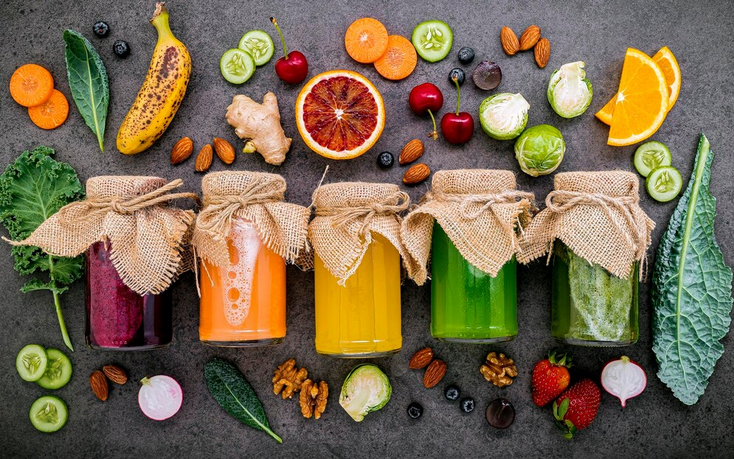Introduction:
In a world where consumers are increasingly conscious about the products they consume, the demand for organic and natural preservatives has surged. Preserving freshness naturally has become a priority for both consumers and manufacturers, driven by concerns over health, sustainability, and environmental impact. This article explores the secrets of organic preservatives, their benefits, and their role in ensuring food safety and quality.
Understanding Organic Preservatives:
Organic preservatives are substances derived from natural sources that help prevent the deterioration of food products by inhibiting the growth of microorganisms, such as bacteria, fungi, and molds. Unlike synthetic preservatives, which may contain harmful chemicals, organic preservatives are derived from plants, minerals, and other natural sources, making them safer and more environmentally friendly.
Key Types of Organic Preservatives:
- Plant Extracts: Plant extracts, such as rosemary, oregano, and thyme, contain natural compounds with antimicrobial properties. These extracts are rich in antioxidants and have been used for centuries to preserve food freshness.
- Essential Oils: Essential oils extracted from plants like cinnamon, clove, and tea tree possess strong antimicrobial properties due to their high concentrations of bioactive compounds. These oils can be added directly to food or incorporated into packaging materials to extend shelf life.
- Natural Acids: Citric acid, acetic acid (vinegar), and lactic acid are examples of natural acids commonly used as preservatives. These acids create acidic conditions that inhibit the growth of bacteria and other microorganisms, effectively preserving the freshness of food products.
- Fermented Ingredients: Fermentation is a natural process that produces organic acids and other compounds that inhibit the growth of harmful bacteria. Fermented ingredients like kombucha, kimchi, and sauerkraut not only add flavor but also act as natural preservatives.
Benefits of Organic Preservatives:
- Healthier Option: Organic preservatives are free from synthetic chemicals and additives, making them a safer choice for consumers concerned about the potential health risks associated with artificial preservatives.
- Environmentally Friendly: Organic preservatives are derived from renewable natural sources, reducing the reliance on synthetic chemicals and minimizing environmental pollution and ecosystem disruption.
- Enhanced Flavor and Nutritional Value: Unlike synthetic preservatives, which may alter the taste and nutritional composition of food products, organic preservatives often enhance flavor and retain the nutritional integrity of the ingredients.
- Support for Sustainable Agriculture: The cultivation of plants used in organic preservatives promotes sustainable farming practices, such as organic farming and agroforestry, which benefit soil health, biodiversity, and ecosystem resilience.
Challenges and Considerations:
While organic preservatives offer numerous benefits, they also present challenges and considerations for manufacturers and consumers:
- Shelf Life: Organic preservatives may not provide the same level of shelf life extension as synthetic preservatives, requiring careful monitoring of product freshness and storage conditions.
- Regulatory Compliance: The use of organic preservatives in food products is subject to regulatory scrutiny and approval, necessitating compliance with food safety standards and labeling requirements.
- Cost Considerations: Organic preservatives may be more expensive than synthetic counterparts due to factors such as sourcing, production, and regulatory compliance, potentially affecting product affordability and market competitiveness.
- Sensory Properties: Some organic preservatives, particularly those derived from plant extracts and essential oils, may impart distinct flavors or aromas to food products, which may not always be desirable to consumers.
Conclusion:
Preserving freshness naturally with organic preservative offers a promising solution for addressing consumer demands for safer, healthier, and more environmentally friendly food products. By harnessing the power of nature's own preservatives, manufacturers can deliver products that not only meet high-quality standards but also contribute to sustainable agriculture and environmental stewardship. As the demand for organic and natural foods continues to grow, organic preservatives will play an increasingly vital role in shaping the future of food preservation and safety.





Comments